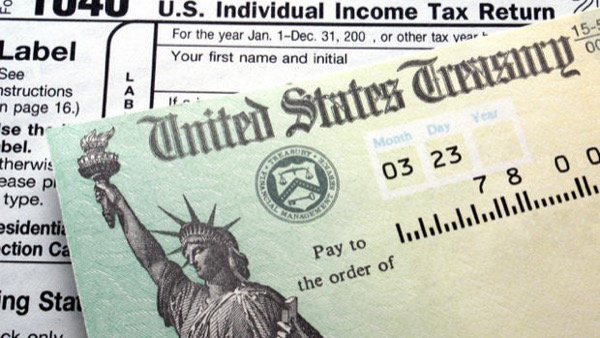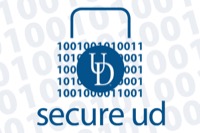
Tax fraud
UD taxpayers report being caught up in tax fraud seen across the country
1:25 p.m., March 1, 2016--Each year, a growing number of American taxpayers report that returns have been fraudulently filed in their names. These scams, which defraud the IRS and prevent legitimate tax returns from being processed, are commonplace and affect thousands of people around the country.
University of Delaware employees and students are not the only targets of this method of defrauding the IRS. No one set of taxpayers seems singled out — fraud reports have come from employees of other universities, medical centers, large private businesses and small businesses.
FYI Stories
June 6: UDid It! Picnic
2FA protects you
Because it’s possible for scammers to file fraudulent tax returns without any legitimate information about the owner of a Social Security number (SSN), these kinds of scams affect everybody.
The information does not necessarily come from any breach of personal information, and breaches do not automatically mean that identity theft is imminent. As the IRS adamantly reminds us all, “Not all data breaches or computer hacks result in tax-related identity theft.” In fact, it is not always possible to correlate an individual instance of identity theft to any data breach.
The IRS is working with stakeholders in the tax preparation industry to ensure more complete and accurate detection of tax scams. However, tax return fraud continues to occur.
If the IRS suspects that a fraudulent tax return has been filed using your SSN, they will mail you a 5071-C Letter and instructions. If you receive this letter, follow the instructions and contact the IRS for additional information. The IRS also provides online guidance for this process.
Sometimes, you may discover fraud if the IRS or a tax preparer notifies you that a return using your SSN has already been filed. In this case, contact the IRS to report the fraud and follow the procedures recommended by the IRS.
Members of the University community are encouraged to file their taxes early and to work with the IRS if fraudulent activity is detected.
For more information:
• IRS Publication 5027: Identity Theft Information for Taxpayers
• IRS Identity Theft Victim Assistance: How It Works
Image courtesy Missouri Business Alert, under a Creative Commons license.








